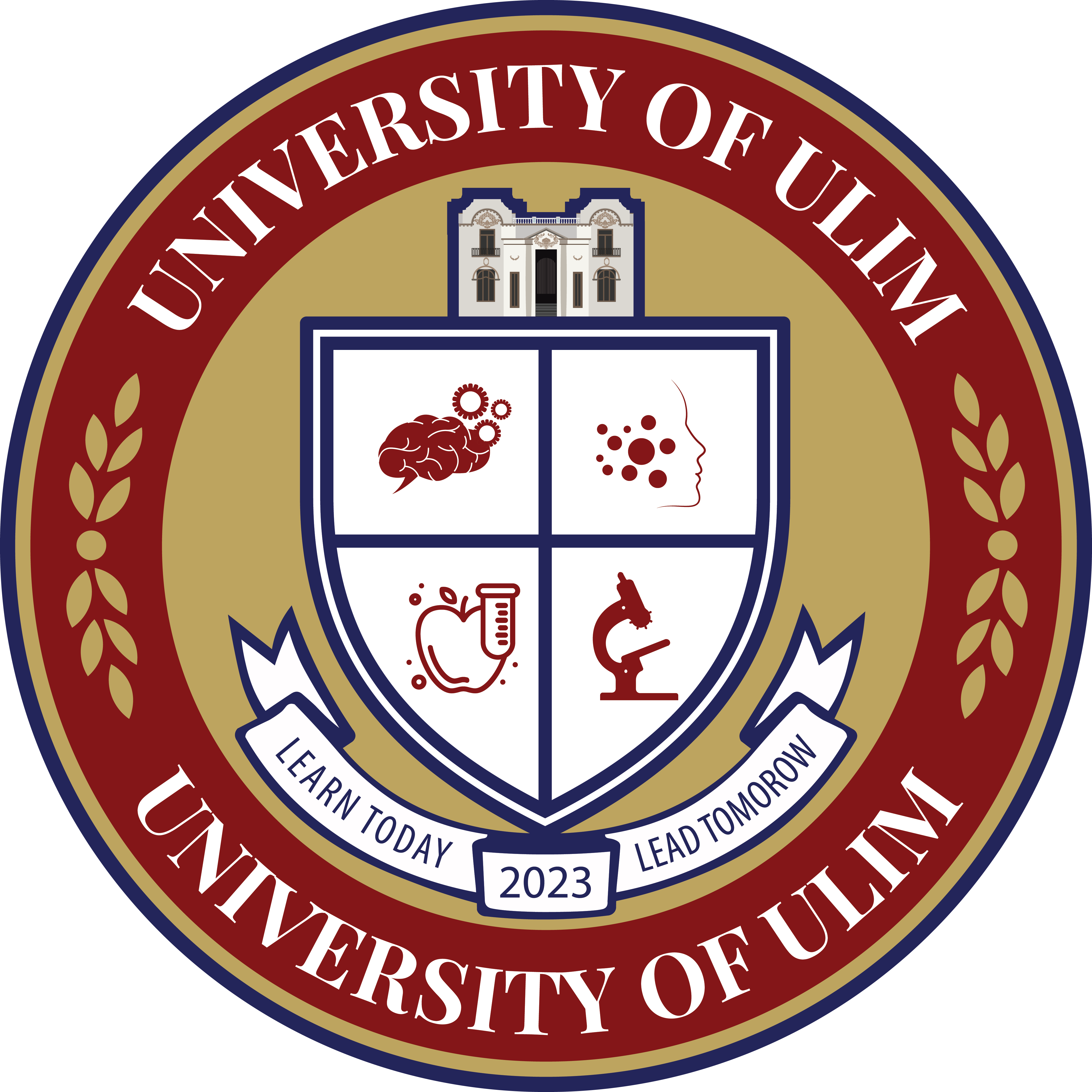Studying hospital management is a dynamic exploration into the intricacies of healthcare administration and leadership within the complex ecosystem of a hospital setting. It’s a field that blends principles of business management with the unique challenges and priorities of the healthcare industry, aiming to optimize organizational efficiency, quality of care, and patient outcomes.
Through a comprehensive curriculum, students gain a deep understanding of healthcare systems, regulations, and policies, as well as essential management concepts such as strategic planning, financial management, human resources, and quality improvement. They learn to navigate the diverse functions of a hospital, from clinical operations and patient flow to facility management and regulatory compliance.
Studying hospital management isn’t just about overseeing operations—it’s about fostering a culture of excellence, innovation, and patient-centered care. It’s about developing leadership skills to inspire and empower multidisciplinary teams, fostering collaboration and communication across departments, and promoting a culture of continuous learning and improvement.
Beyond the classroom, students have the opportunity to engage in practical experiences, such as internships, rotations, and projects, where they can apply their knowledge and skills in real-world hospital settings. These hands-on experiences not only provide valuable insights into the day-to-day challenges of hospital management but also prepare students to adapt and thrive in a rapidly evolving healthcare landscape.
Studying hospital management is a rewarding and impactful journey that equips students with the tools and expertise to make a meaningful difference in the delivery of healthcare services. It’s a calling to be a steward of health systems, ensuring that hospitals operate efficiently, effectively, and ethically to meet the needs of patients and communities.
